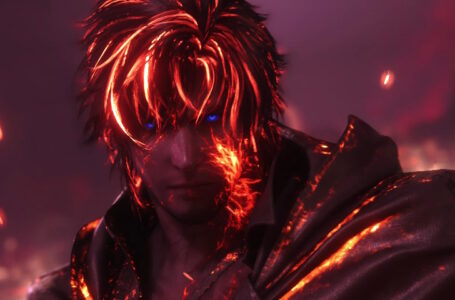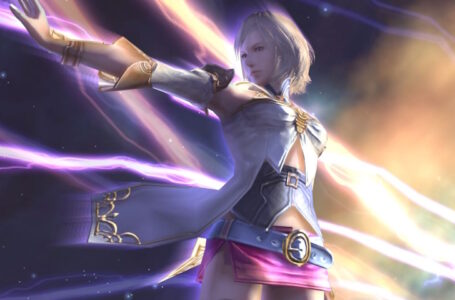Final Fantasy XVI tackling dark themes is nothing new
Recently, Brazilian age and content ratings for Final Fantasy XVI have emerged, indicating that the game will feature, among other things, violence, sexual scenes, torture, hate crimes, drug use and prostitution — though amid all this, the game is apparently still suitable for those 16 years of age and older.
Certain quarters of the Internet have acted with some surprise to these content descriptors, as if they are something unusual or out of character — enough to make them newsworthy. But, to be honest, they’re really nothing new — either for Final Fantasy, or for the RPG genre as a whole.
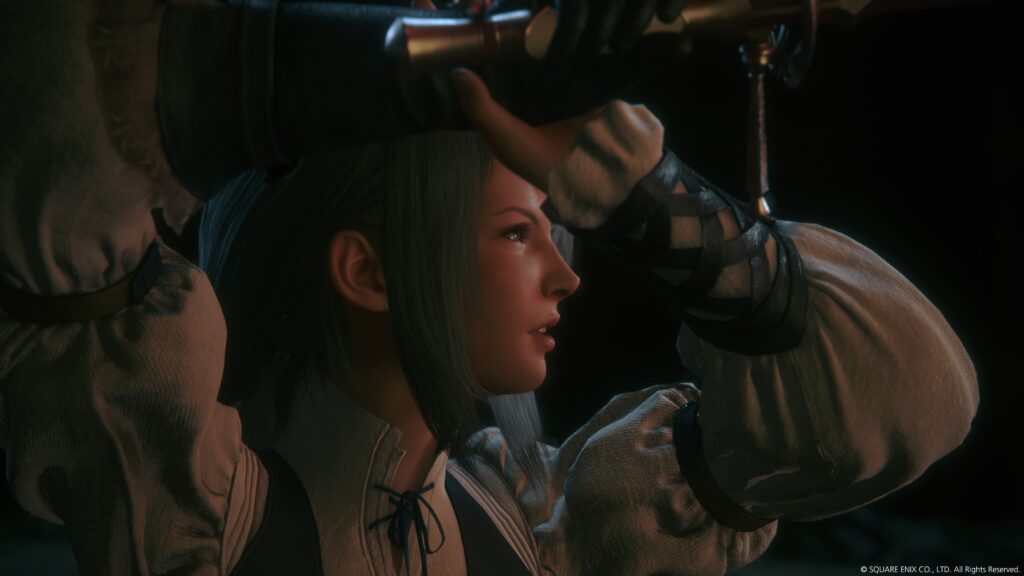
No-one has said it outright, but from reading the reactions to these content descriptors, there very much seems to be a sort of commonly agreed assumption that Final Fantasy is a “nice” series that doesn’t do anything that might offend or be controversial. It has, for years, been the poster child for Japanese RPGs, after all, and indeed right up until Final Fantasy VII its character design could quite reasonably be argued to be a tad on the cutesy side.
But that doesn’t mean that it’s always been cute happy funtimes with a bunch of cartoony characters going on grand adventures and no-one really getting hurt. Outside of the first Final Fantasy, whose plot-light nature makes it little more than Square going “I Really Like Dungeons & Dragons, Also There Are Robots” — not that this is a bad thing — the series has never been afraid to go to some seriously dark places.
Final Fantasy II is where the series really started making effort with plot, and it starts brutally with your entire party getting the absolute shit kicked out of them by the resident evil Empire. The game then proceeds on its way, racking up one of the most impressive “good guy” body counts in all of gaming history, including what essentially amounts to genocide. Many joke that the game’s fourth party member slot is genuinely cursed, given how frequently the member in that position meets an unpleasant end.
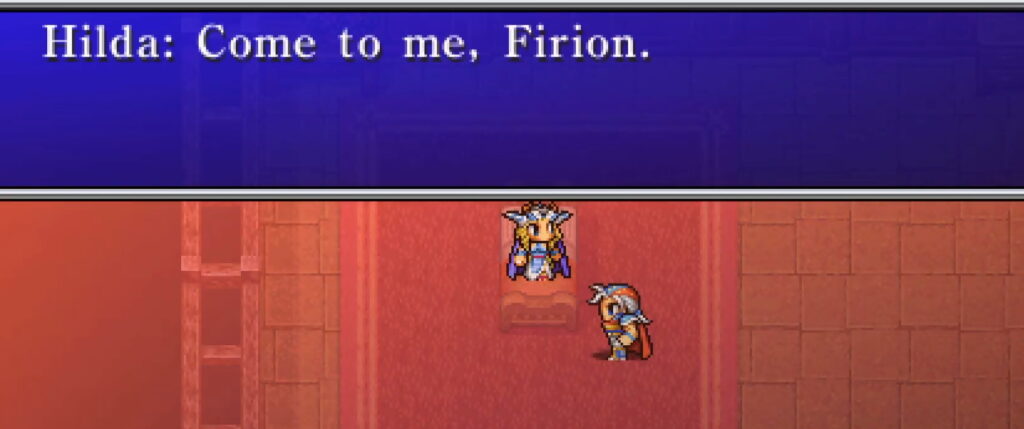
Not only that, but in a bold move for an 8-bit game, there’s an unambiguous seduction scene in which, admittedly, nothing is shown, but the implications are most definitely there. Upon returning from a particular expedition, hero Firion enters the room of Princess Hilda only to discover her apparently extremely keen to get it on with him. Briefly tempted, Firion quickly realises that this is extremely out of character for Hilda, and correctly recognises the seductress as an impostor. Cue boss fight.
As the Final Fantasy series progressed, it continued to tackle challenging themes. Final Fantasy III features characters sacrificing themselves for the greater good. Final Fantasy IV opens with you being forced to commit an act of terrorism at your ruler’s behest, with a justification that is flimsy at best. Final Fantasy V unapologetically kills off one of your “permanent” party members partway through the story. Final Fantasy VI is so full of dark shit it could be an entire article in itself. And likewise, Final Fantasy VII is unapologetically “adult” in tone throughout despite its cutesy low-poly Lego man characters.
From Final Fantasy VIII onwards, the series had a notable improvement in presentation — and with it, the darker themes started to feel even more obvious, because they were no longer juxtaposed with cutesy presentation (except, arguably, in Final Fantasy IX, which was deliberately intended to pay homage to the earlier titles). It’s not a coincidence that it’s around this point that some people started to feel a bit of cynicism towards the series, particularly as the shifting aesthetic was also accompanied by some significant mechanical shakeups with each new installment.
But really, those dark themes have always been there almost since the beginning of the series, meaning that Final Fantasy XVI being pretty explicit about its dark tone is absolutely nothing new for the series.
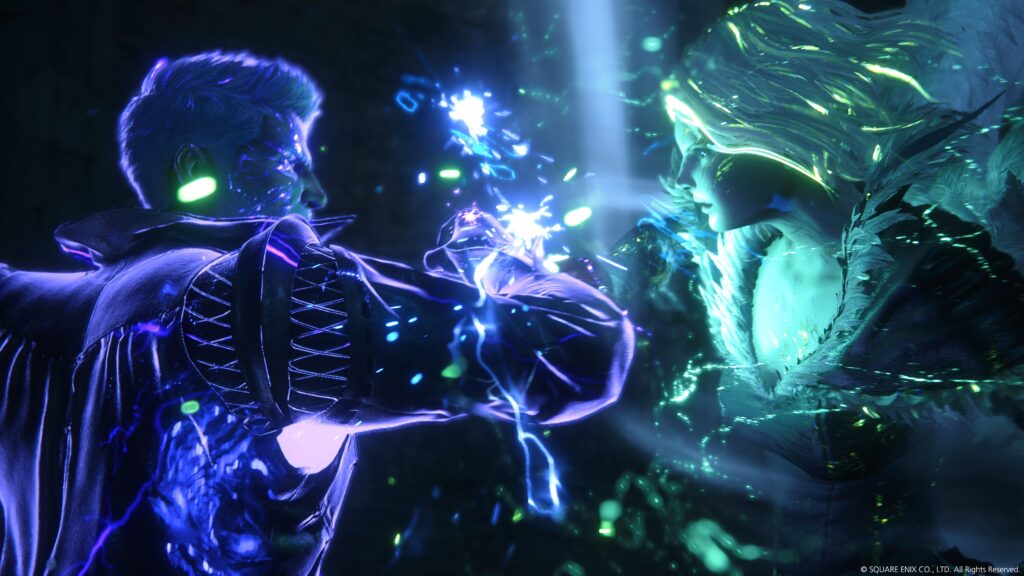
As for the RPG genre in general? Well, to cite a few examples: BioWare’s Dragon Age featured several opening sequences that featured racial segregation and hate crimes; Bethesda’s Shivering Isles expansion for Oblivion features a questline where the player character gets addicted to drugs, in one of the most masterful examples of “mechanics as narrative” ever seen in the genre; and popping into a brothel for a bit of a tumble with a lady of the night has been a tradition in D&D games pretty much since Baldur’s Gate. To say nothing of CD Projekt’s The Witcher series.
I suspect that the fuss over Final Fantasy XVI featuring this material stems from a few places. Firstly, it’s relatively rare to see specific examples of potentially controversial content spelled out so explicitly in an age rating document — or perhaps people just don’t tend to read them in detail. Secondly, since Final Fantasy XVI is so impressive from a visual perspective, there’s perhaps the assumption that the depiction of subject matter like this is somehow more “serious” than when it’s referenced in a 16-bit tile-based RPG with chibi sprites. And thirdly, as we’ve already covered, there’s the potential fundamental misunderstanding of what Final Fantasy is, and always has been.
It’s kind of surprising, though, given the continued popularity of Final Fantasy XIV in particular. That game is also unapologetically adult, covering many of the same themes that are mentioned in Final Fantasy XVI’s content descriptors — and so one would think that anyone familiar with Final Fantasy XIV would look at this Final Fantasy XVI news and go “…so?”
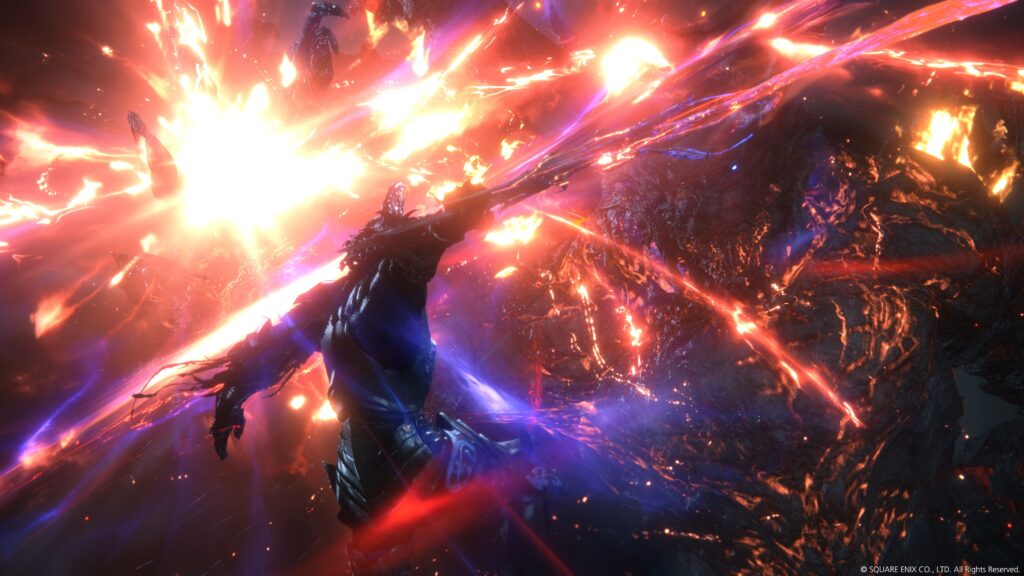
I guess it’s down to us, then. To the news that Final Fantasy XVI will feature violence, sexual content, hate crimes, drug use and prostitution, my response is a resounding “…so?” — closely followed by “that’s excellent news, I’m looking forward to it”.
Maybe PlayStation 5s will actually be available and affordable by the time the game releases. I’m not holding my breath, though.
Join The Discussion
Rice Digital Discord
Rice Digital Twitter
Rice Digital Facebook
Or write us a letter for the Rice Digital Friday Letters Page by clicking here!
Disclosure: Some links in this article may be affiliate links, which means we may earn a small commission if you make a purchase after clicking on them. This is at no additional cost to you and helps support Rice Digital!
- Letter from the Editor: passing the torch - June 30, 2023
- Super Woden GP 2 is looking promising - June 30, 2023
- Inti Creates is making a 32 bit-style Love Live action platformer - June 26, 2023




